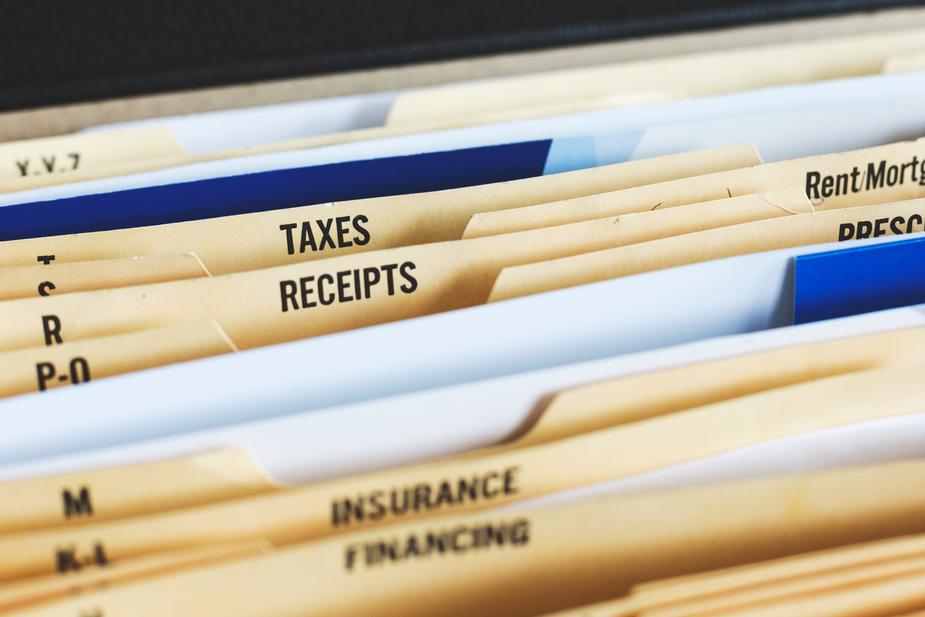
During these challenging and unprecedented times, your highest priority is certainly the health of yourself and your loved ones.
However, to assist taxpayers with the economic pains caused by COVID-19 (commonly referred to as Coronavirus), the Coronavirus Aid, Relief, and Economic Security (CARES) Act was passed on March 27th. This Act contains a massive amount of relief and with it, a complexity that may be difficult to unravel. We have included the most salient points for each aspect of the law and separated them into categories (business and individuals) to assist with categorization. Please note there is some overlap of these provisions, therefore you might want to read each section below to determine what might apply to you. This tax legislation is very complicated, therefore you should contact our office to discuss how any particular provision will impact your specific situation.

The U.S. Small Business Administration (SBA) is offering low-interest federal disaster loans to small businesses (including sole proprietors, independent contractors, gig economy workers and other self-employed individuals) that are suffering economic hardship due to the COVID-19 crisis. If eligible, your business may be able to borrow 250% of your average monthly payroll
(more…)
Right now, your highest priority is the health of those you love and yourself. But if you have time to read about some non-medical but important matters related to the health crisis, here is a summary of IRS action already taken and federal tax legislation already enacted to ease tax compliance burdens and economic pain caused by COVID-19 (commonly referred to as Coronavirus).
(more…)
During these challenging and unprecedented times, your highest priority is certainly the health of yourself and your loved ones.
However, to assist taxpayers with the economic pains caused by COVID-19 (commonly referred to as Coronavirus), the Coronavirus Aid, Relief, and Economic Security (CARES) Act was passed on March 27th. This Act contains a massive amount of relief and with it, a complexity that may be difficult to unravel. We have included the most salient points for each aspect of the law and separated them into categories (business and individuals) to assist with categorization. Please note there is some overlap of these provisions, therefore you might want to read each section below to determine what might apply to you. The provisions of the Act will apply to our clients to varying degrees; however, we have summarized the key components below.

Despite all the gridlock in Washington, as well as an impeachment, the SECURE Act has passed. It changes a number of important retirement plan rules. The act runs over 120 pages, so the experts will be poring over it for some time. Meanwhile, a number of sources have weighed in on what they think are the key provisions. (Note that last-minute alterations and more detailed analysis may lead to additional changes in the coming weeks.)
(more…)by Don Purvis

As the end of the year approaches, it is a good time to think of planning moves that will help lower your tax bill for this year and possibly the next. Year-end planning for 2019 takes place against the backdrop of recent major changes in the rules for individuals and businesses. For individuals, these changes include lower income tax rates, a boosted standard deduction, severely limited itemized deductions, no personal exemptions, an increased child tax credit, and a watered-down alternative minimum tax (AMT). For businesses, the corporate tax rate has been reduced to 21%, there is no corporate AMT, there are limits on business interest deductions, and there are very generous expensing and depreciation rules. And non-corporate taxpayers with qualified business income (QBI) from pass-through entities may be entitled to a special deduction.

Do you have an Individual Taxpayer Identification Number (ITIN)? If so, it may be expiring soon.
All ITINs not used on a federal tax return at least once in the last three years will expire on December 31, 2019. In addition, ITINS issued before 2013 with middle digits of 83, 84, 85, 86, or 87 (Example: 9XX-83-XXXX) will expire at the end of the year.
The Internal Revenue Service (IRS) is encouraging taxpayers to submit their renewal applications early in order to avoid refund and processing delays in 2020. Taxpayers can renew their ITIN by completing a Federal Form W-7 and mailing it to the address listed on the form’s instructions with any required documentation. You can find the form here.
What is an ITIN?
An Individual Taxpayer Identification Number (ITIN) is a tax processing number assigned to individuals who do not have, or are not eligible to obtain, a Social Security number (SSN). Typically, only United States citizens and those non-citizens who are authorized to work in the U.S. receive SSNs.
For more information, visit the IRS’s Individual Taxpayer Identification Number web-page.

In March of this year, Capital One was involved in a data breach which exposed the information of over 100 million U.S. and Canada customers. The hacker found a configuration vulnerability in Capital One’s infrastructure allowing access to typical credit card application data from consumers and small businesses who had applied for credit from 2005 on. Capital One has since fixed the configuration vulnerability and is working with law enforcement. Capital One will contact you via mail if you are a victim of the breach. Capital One has offered to provide free credit monitoring and identity protection to those affected.
What to do if you suspect you are a victim:
Steps to take to prevent your identity and credit info from falling into the wrong hands:
For more tips and information, visit the FTC’s website.
The wait is over! The IRS just released the final 199A Qualified Business Income (QBI) deduction regulations along with safe harbor rules for real estate rentals. Some key take-aways to note are:
Beginning on April 1st of 2019, certain retailers located outside of California that are engaged in business in the state (but with no physical presence in the state) will be required to collect California state and district use tax if their sales of tangible personal property are comprised of either:
Retailers will be required to collect the taxes on any sales taking place on or after April 1st and remit them to the California Department of Tax and Fee Administration (CDTFA) through their sales and use tax return.
